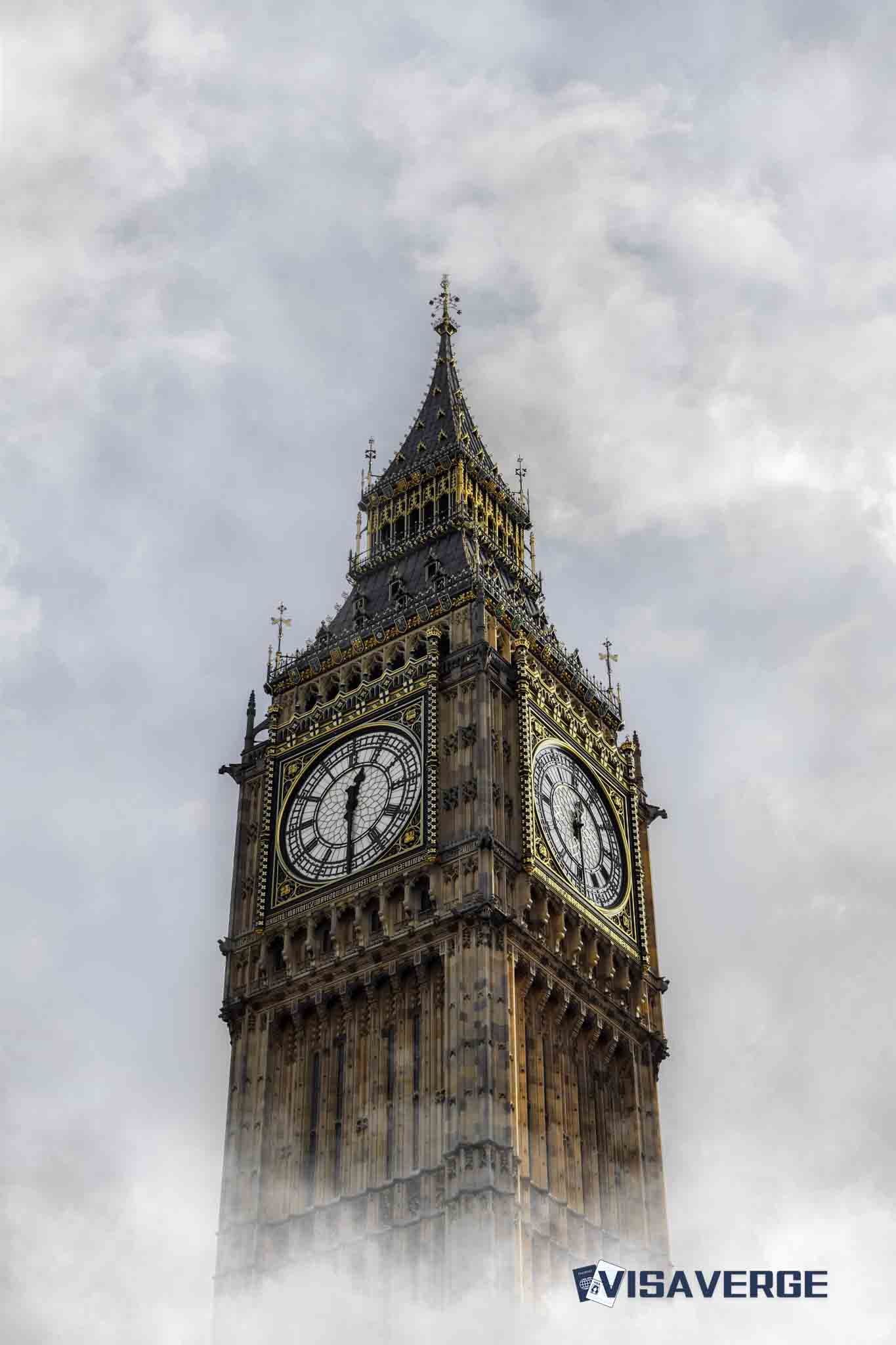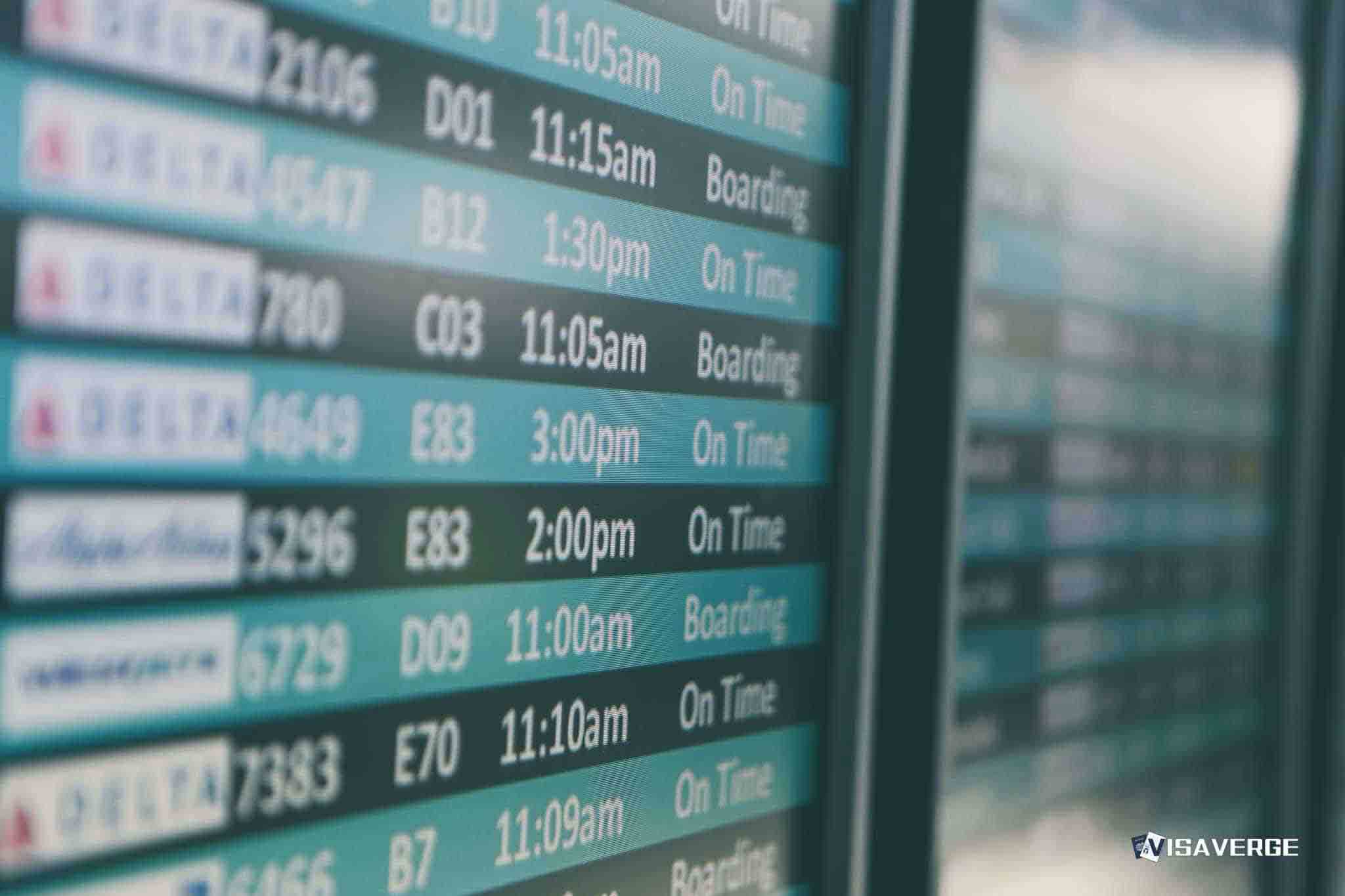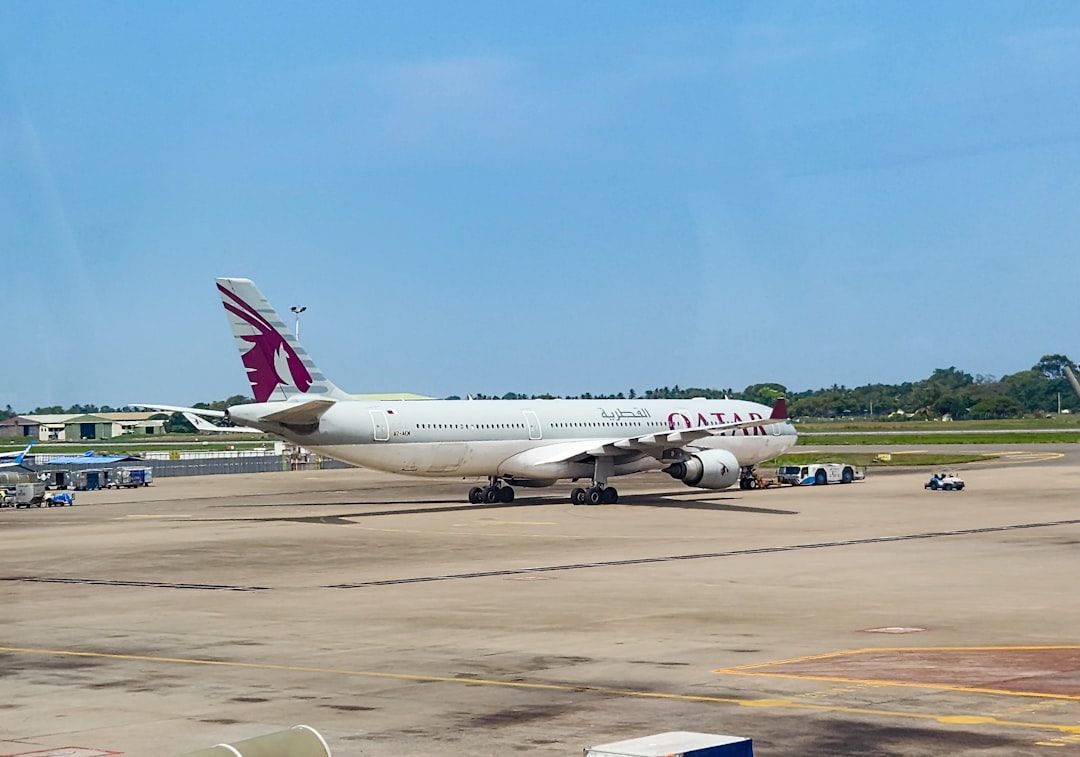(CHICAGO) A well-known Chicago restaurateur, Sam Sanchez, has been cited in local chatter as pushing for “common-sense immigration reform” with White House advisors. But there’s a key fact readers should note: no confirmed meeting or lobbying effort by Sam Sanchez has been documented as of September 17, 2025.
What is clear is the larger picture: Chicago’s immigrant communities are living with rising fear and economic strain as talk of mass deportations and tighter enforcement grows louder at the federal level under President Trump’s agenda. City leaders, meanwhile, signal continued resistance.

Daily life and local economy: fear and preparation
In neighborhoods like Little Village and Pilsen, families are changing daily habits. Residents report carrying identification, limiting time in public places, and arranging backup plans for school pickups. Community organizers say the tone has shifted from worry to active preparation.
Some school leaders and parents are considering online learning options for students who feel unsafe commuting. Neighborhood businesses are seeing fewer customers—especially at night—which restaurant owners link to fewer reservations from mixed‑status families who fear traffic stops or workplace checks.
This pullback affects:
– Payrolls (reduced hours and layoffs)
– Deliveries and vendor demand
– Tax receipts for small businesses that rely on steady foot traffic
VisaVerge.com reports these responses mirror patterns seen during earlier enforcement waves, where fear alone reduced economic activity even before raids occurred. Employers now talk about contingency staffing, while workers discuss ridesharing or carpool rotations to cut exposure. Landlords in immigrant-heavy corridors also report delayed rent as hourly shifts dry up.
Policy climate in Chicago
At the federal level, longtime policy architect Stephen Miller is again shaping proposals emphasizing mass removals and tougher screening. Tom Homan, tapped as “border czar,” is associated with plans to speed up removals and widen use of summary processes. Kristi Noem, serving as Secretary of Homeland Security within this framework, supports stricter border controls and broader interior enforcement.
Backers say the aim is rapid deportation of people without legal status; critics warn such moves may sweep up long-settled residents and sow chaos for U.S.-citizen children.
The United States 🇺🇸 has tools that allow the government to fast-track certain cases, and supporters argue that using them more widely will deter unlawful entry. Civil rights groups counter that expedited deportations without a hearing raise serious due-process concerns and could misidentify individuals who have legal claims—such as asylum eligibility or long-term relief options.
Chicago’s sanctuary policies, which limit local cooperation with federal immigration enforcement, set the stage for another clash between City Hall and Washington. City attorneys have signaled they’ll fight any mandate forcing local resources into immigration roles, reflecting past lawsuits over information-sharing and detention requests.
Enforcement agenda and legal fights
If past battles are a guide, legal challenges will likely surface quickly. Courts could be asked to:
1. Halt broad application of rapid-removal procedures
2. Question the scope of federal detainers
3. Test whether federal demands override municipal limits
Business groups warn of labor shocks if workplace actions ramp up. Sectors at risk include:
– Restaurants
– Construction firms
– Home health providers
Mixed-status households face agonizing choices—keep kids home from school, skip clinic visits, or avoid court dates unrelated to immigration. Families fear separation; the emotional and financial toll can be severe.
Chicago’s advocacy networks are responding on several fronts:
– Know-your-rights workshops in Spanish, Polish, Arabic, and other languages
– Printed wallet cards for encounters with officers
– Family preparedness plans naming emergency caregivers for children
– Hotlines to report improper home entries or discrimination
These steps offer a measure of control but are not a substitute for policy change. Faith groups and legal clinics are planning expanded intake hours. Employers are consulting counsel about I‑9 audits, and unions are updating protocols for worksite inspections.
What “common-sense immigration reform” means locally
References to Sam Sanchez reflect a broader push from Chicago business voices for “common-sense immigration reform.” In practice, that phrase often points to three ideas:
– Tougher border management
– Clear and fair rules for asylum and due process
– Stable, legal paths for long‑time residents and needed workers
Even without a confirmed Washington meeting, the conversation underscores the stakes for a city where hospitality, food production, logistics, and caregiving rely on immigrant labor and customer bases.
Federal officials who favor mass deportations frame it as restoring the rule of law. Opponents contend that aggressive sweeps miss the complexity of families who’ve built lives here and will burden schools, shelters, and courts. The clash is not just legal or political; it’s deeply personal for Chicagoans deciding whether to ride the train at dawn, attend a parent‑teacher conference, or open the front door.
Whether or not Sam Sanchez becomes a visible advocate in Washington, the push for common-sense immigration reform speaks to a practical middle ground many Chicagoans say they want—strong borders, fair process, and stable legal paths for long‑time neighbors.
Practical guidance for families and employers
While policy battles continue, several steps can reduce risk and protect rights:
Family and individual preparedness
– Keep key documents (IDs, birth certificates for children, medical records) stored safely and shared with a trusted person. Avoid carrying originals unless necessary.
– Make a family plan. Identify who will pick up children if a parent doesn’t arrive. Share phone numbers and addresses with a small circle you trust.
– If an officer knocks, ask if they have a warrant signed by a judge. You have the right to remain silent and to speak with a lawyer. Do not sign papers you don’t understand.
Schools and children
– Ask about temporary online options if a child is afraid to commute.
– Confirm and document who is authorized to pick up your child.
Employers
– Schedule a legal review of hiring records and I‑9 documentation.
– Train managers on respectful, lawful responses to inspections.
– Avoid discriminatory practices that single out workers based on accent, name, or perceived origin.
For authoritative information on policy and rights, the U.S. Department of Homeland Security provides updates on enforcement priorities, public guidance, and agency contacts: https://www.dhs.gov/immigration. Local legal aid groups can help screen for relief options—such as asylum or U visas for crime victims—that may apply, especially for mixed‑status families with deep ties to Chicago.
Political context and next steps
As debates between President Trump’s team and city leaders intensify, residents also watch signals from President Biden’s allies in Congress and statehouses, who could influence funding, oversight, or court challenges. Political heat will likely rise, but the daily reality in Chicago remains steady: people want clarity, safety, and a path forward that lets families work, study, and live with dignity.
Sam Sanchez’s name surfaced because business owners are looking for credible messengers who can explain how fear and sudden shocks harm workers and diners alike. Whether or not Sanchez becomes a visible advocate in Washington, the core demand from many Chicagoans is pragmatic: strong borders, fair process, and a stable way for long‑time neighbors to keep building their lives in the city they call home.
This Article in a Nutshell
As discussions of mass deportations intensify under President Trump’s agenda, Chicago communities—particularly Little Village and Pilsen—face heightened fear and economic disruption. Although Sam Sanchez has been mentioned as pushing for “common-sense immigration reform,” there is no documented meeting with White House advisors as of September 17, 2025. Federal proposals to fast-track removals, promoted by policy figures like Stephen Miller and Tom Homan, risk clashing with Chicago’s sanctuary policies. Community groups and city officials are preparing legal challenges and practical measures—know-your-rights workshops, family preparedness plans, and employer I-9 reviews—to mitigate harm. The debate centers on balancing border control, fair process, and stable legal paths for long-term residents, with significant consequences for local businesses and mixed-status families.








